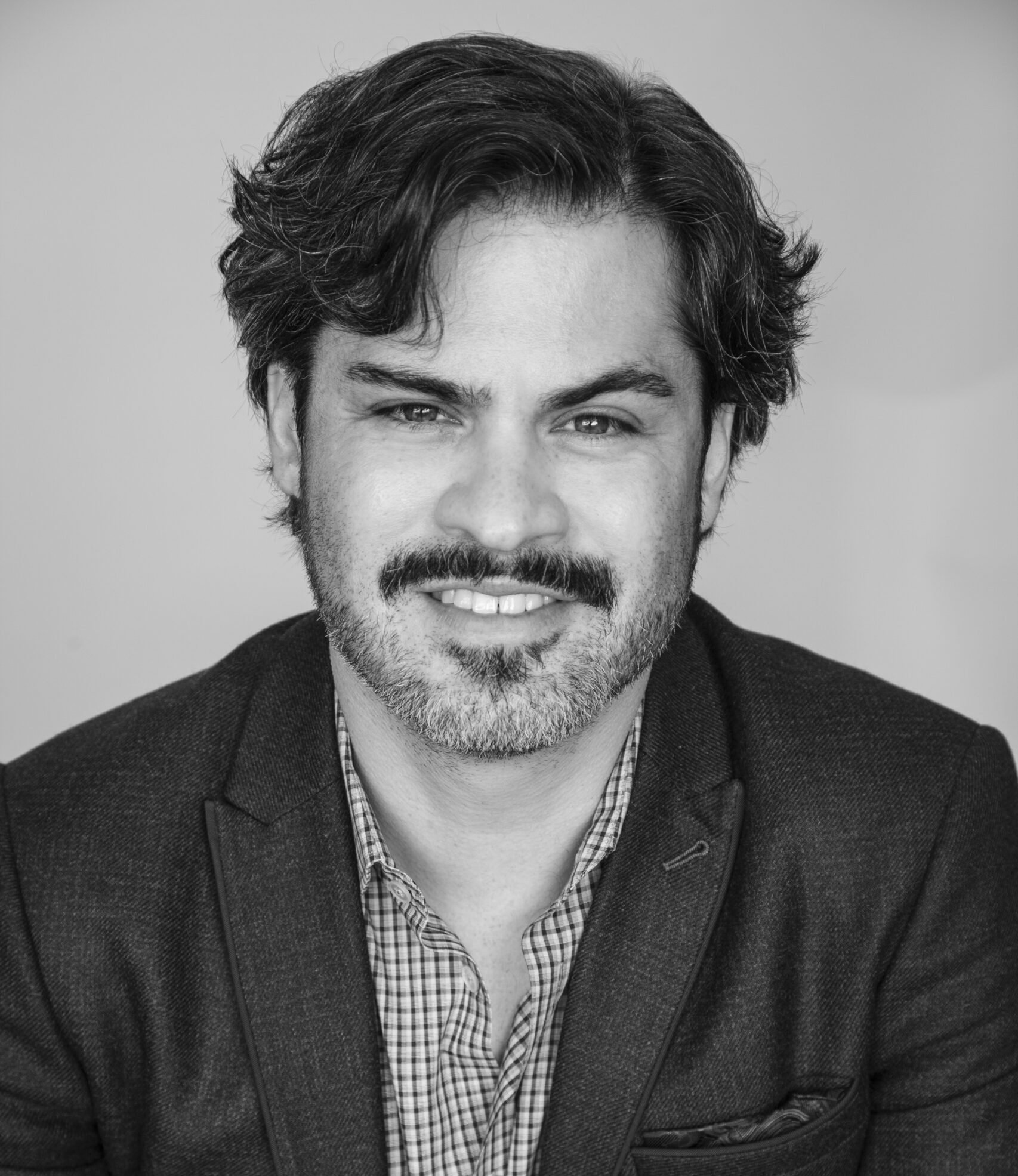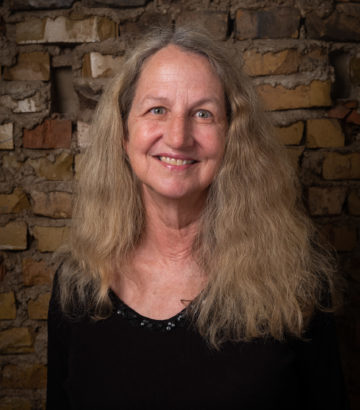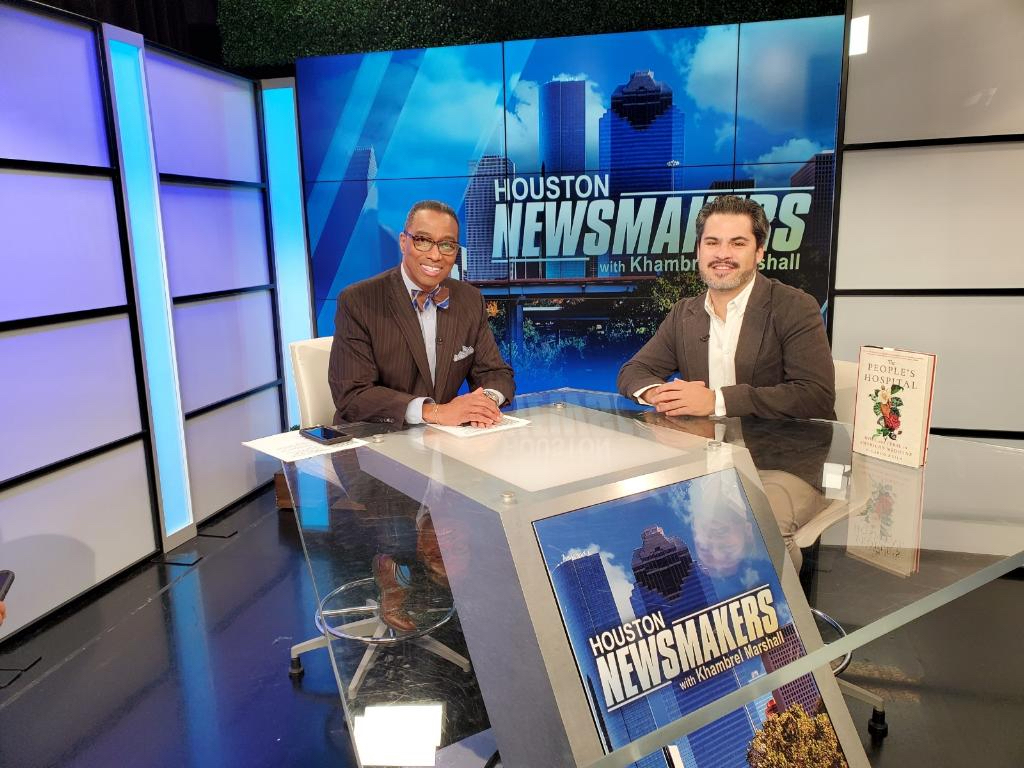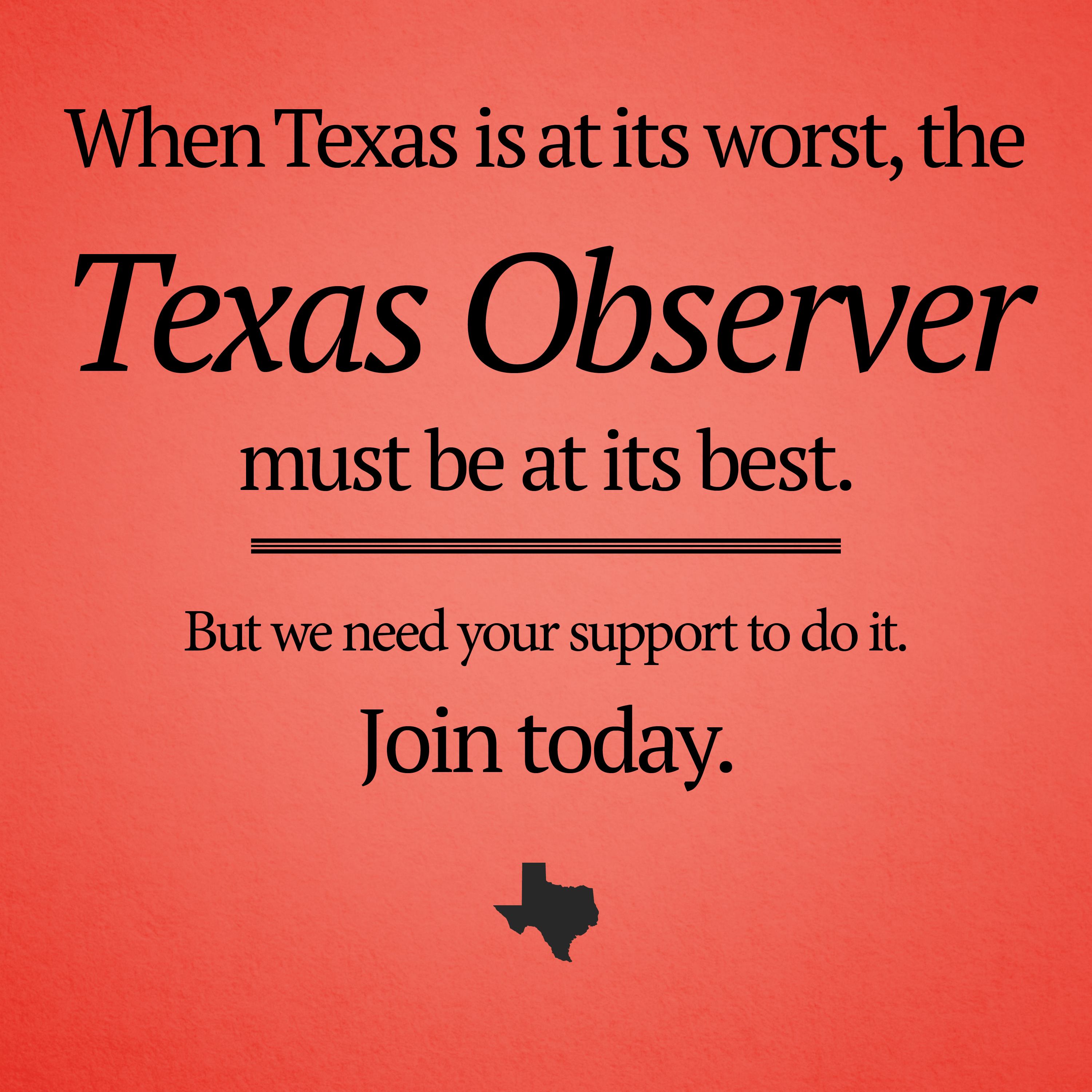
Ricardo Nuila: The People’s Doctor
The physician and author thinks public hospitals could help save patients trapped in our troubled medical system.

A version of this story ran in the September / October 2023 issue.
Ricardo Nuila is a third-generation physician at Ben Taub Hospital, a busy public facility operated by Harris Health in the Texas Medical Center. An internal medicine specialist, he’s part of a staff dominated by residents and graduates of Baylor College of Medicine. And in his spare time, he writes. His compelling essays and new book,The People’s Hospital: Hope and Peril in American Medicine (Simon and Schuster, 2023), focus on how many people get stranded in healthcare limbo—or needlessly lose their limbs or lives—in America’s cumbersome and costly healthcare system because of uncontrolled costs, overbilling, and greed promoted by health insurance companies and for-profit hospitals. Nuila thinks a good public hospital network across America could outperform even the most expensive private alternatives. He spoke to the Texas Observer about why.
You became a doctor partly through your roots: Your father is an OB-GYN and your grandfather is a physician in El Salvador. Why are you drawn to tell patients’ stories?
I just knew that these stories had not been told before. And also, just gut feelings. Being on the wards with patients and being like—whoa!—I can’t believe this person’s going through this. Their odyssey sticks with you. And there came a realization: Well, if I’m shocked, everybody will be shocked by this. …
“Being on the wards with patients and being like—whoa!—I can’t believe this person’s going through this. Their odyssey sticks with you.”
I just want to artistically render the stories of patients going through what they do and what their medical odysseys say about life or about the world. This book certainly did not start off as a treatise on healthcare!
Your book recounts gripping tales of five patients who face life-and-death struggles without insurance: Roxana, a former Saks salesperson who has limbs that are literally rotting off, but she can’t afford treatment; Stephen, a conservative former restaurant manager saddled with massive cancer-related bills; Ebonie, who nearly dies in childbirth after moving to Texas from California; Christian, a young man who can’t find anyone to diagnose mysterious debilitating health problems; and finally Geronimo, a man who loses coverage because he worked. Why did you choose them?
Roxana—she and I connected immediately. She was from El Salvador and given the drama she had to go through, she was forced to demonstrate her specialness. She was very resilient and inspiring. She remained graceful despite those dead limbs.
Stephen’s story I could write from talking with him, though he looks at life in one way and I have different views. This book is not meant to preach to the choir—I don’t want to write only for liberals. It’s literally written to exist in the middle to see how we can take steps forward in healthcare. He was trying to do everything self-pay.
Christian’s story came about because of all these twists and turns in his journey.
Ebonie was more obvious—we know that maternal death is a huge problem. … Her story was about what somebody who’s at high risk has to deal with in Texas.
Geronimo got his Medicaid taken away from him because of a few bucks. It ranked my injustice bone. He was my own age and that was another, “If I’m shocked by this, I need to write something about it!”

You write of Jan de Hartog, who prompted Harris County voters to fund a better public healthcare system by writing a book-length exposé called The Hospital in 1963 that “alerted the city to the deplorable state of its safety-net hospital.” Your book argues that today, Ben Taub, a huge public hospital and major trauma center, saves many more patients’ lives than its pricey Texas Medical Center competitors. Why?
There was a dirty secret going around. It was just that everybody who staffs Ben Taub is a Baylor College of Medicine doctor. … And it’s crazy, but we feel that the care is better here at Ben Taub than at the nice, fancy hospitals. And to me that was an interesting intellectual pursuit: Why is it that we think this public hospital is better than private hospitals? And why is it that me and my colleagues only want to work here, and why do we love it?
Yet you describe Texas as “quite possibly the most restrictive healthcare environment for the poor in the country” and as a place where maternal healthcare remains dismal—and has gotten worse since the U.S. Supreme Court overturned Roe v. Wade. Are you worried doctors will flee?
There’s so much pressure on the medical personnel who are very caring and who are tasked to care for women in precarious situations. The pressures have been ramped up because one way to make sure women’s health was guaranteed has just been taken away. It does weigh on me as an internal medicine doctor, especially thinking about my OB-GYN colleagues.
You called COVID-19 “an invader” that made things immeasurably worse. Even after the pandemic waned, waves of new patients still arrived at Ben Taub after losing jobs and insurance, right?
It’s an enormous challenge because COVID has really made the labor markets very volatile, and since, in America, we peg health insurance to that, [and insurance] is gone. That means we are extremely busy as the safety net hospital. And then inflation has also made it so that the cost of healthcare grew so much that people can’t afford it.
No spoilers here by sharing how your patients’ sagas turn out. But you reveal some of your own struggles after a revered mentor of yours committed suicide during the pandemic.
It was a very difficult situation. … He was my closest friend in the hospital and he was my boss and mentor. We could all see ourselves growing into him because he had this idealism [mixed] with pragmatism. He was a doctor who wanted to care for people, but he also had been an administrator. He wasn’t a zealot. He was there to do medicine for people who needed it.
It was so sudden—and it was at a time when there was this existential dread. I think a lot of us wondered if that could become us.
I think suicide is so complex, but I felt that what he was seeing on a daily basis was what I was seeing. … It’s also just an unmasking of just how vulnerable the profession could be.
You strongly criticize private insurers and nonprofit hospitals that overcharge and perform unnecessary tests or get lots of tax breaks but do comparatively little for the poor—like the one that claims in ads to erase cancer. Although you don’t name these hospitals, they’re recognizable. Have you gotten pushback?
In an event at the Baker Institute, someone got up and said, “You talk about all the private hospitals—what about the insurance companies?” I wondered if he had read the book, because I go off on the insurance companies, too. We found out later he was an administrator at a private hospital. But I have not gotten huge pushback, and that’s been kind of interesting. The wave could be coming.
I’m scared there’s not more pushback. It might just mean that people are entrenched and this isn’t going to change. … There are such clear incentives and there’s so much money behind these institutions, that it’s hard to fathom that the lobbyists will go away or anything like that.
We need to look back to the 1960s in Houston, when the people voted for public support of a hospital that became a successful public healthcare system.
We should combat the stranglehold of “Medicine, Inc.,” as I call it. We need a public healthcare system that competes with it.



